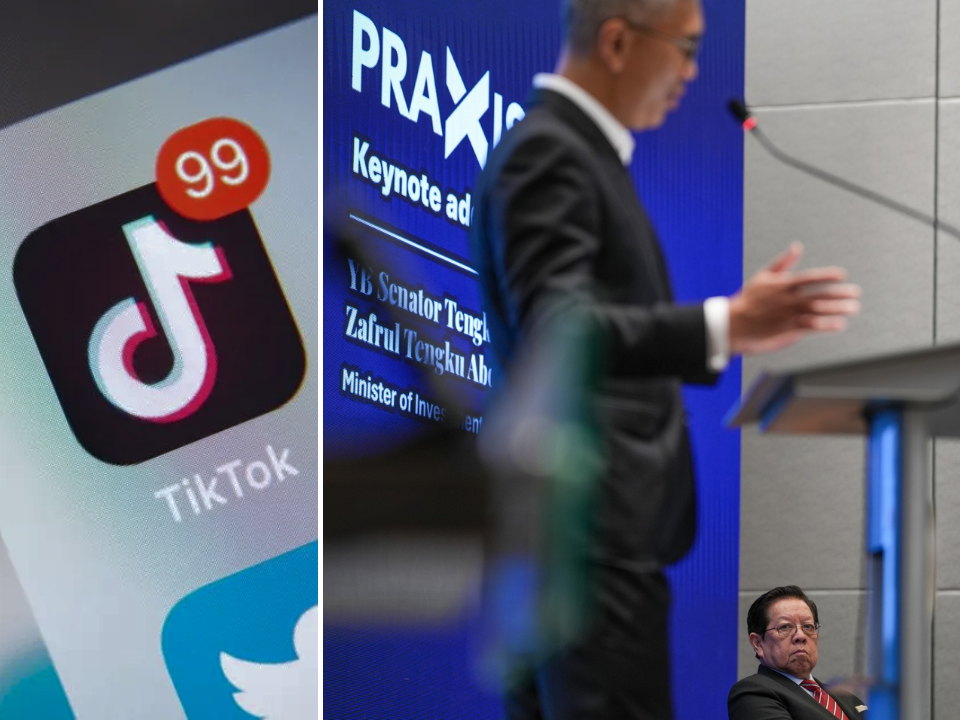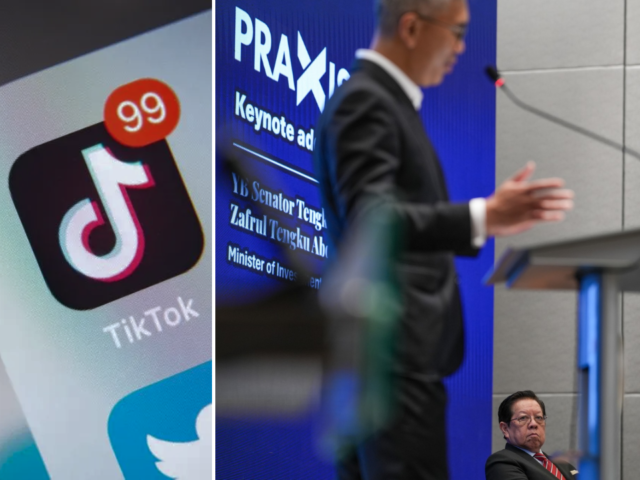
Malaysia is on the cusp of a significant overhaul of its digital landscape. The government’s introduction of the Class License for Application Service Providers under the Communications and Multimedia Act 1998 aims to bring social media platforms under tighter control.
This move, while intended to address issues such as misinformation, hate speech, and cyberbullying, has sparked debates about the potential impact on freedom of expression.
A New Era Of Regulation
There seems to be a potential overreach and impact on freedom of speech.
Industry Concerns Over Government Overreach

Image via Reuters
The proposed licensing regime has raised concerns among industry players. TikTok Malaysia, a prominent social media platform, has expressed reservations about the government’s top-down approach to content moderation. Anuar Fariz Fadzil, the platform’s head of public policy, emphasised the importance of self-regulation and cautioned against measures that could stifle free speech.
Echoing these sentiments, Mediha Mahmood of the Content Forum highlighted the lack of clarity in the proposed licensing regime. She argued that the broad scope of the regulation could lead to government overreach and stifle innovation. Industry stakeholders are calling for more detailed guidelines and a collaborative approach involving all relevant parties.
The Challenge Of Defining Cyberbullying
One of the key challenges in regulating social media is the complex nature of cyberbullying. As Anuar Fariz Fadzil pointed out, what constitutes offensive content is subjective. This makes it difficult to develop effective regulations without infringing on users’ rights.
Protecting Users And Preserving Freedoms

Image via LinkedIn
The government faces a delicate balancing act. On one hand, there is a pressing need to address the harmful effects of online platforms. On the other, it is crucial to protect fundamental rights such as freedom of speech and expression. Finding the right equilibrium is essential to ensure a safe and vibrant digital ecosystem.
The proposed licensing regime represents a significant step towards regulating social media in Malaysia. However, the concerns raised by industry stakeholders underscore the need for careful consideration and a collaborative approach. As the government moves forward with these regulations, it is imperative to engage with all relevant parties to develop a framework that effectively addresses societal challenges while upholding democratic principles.










